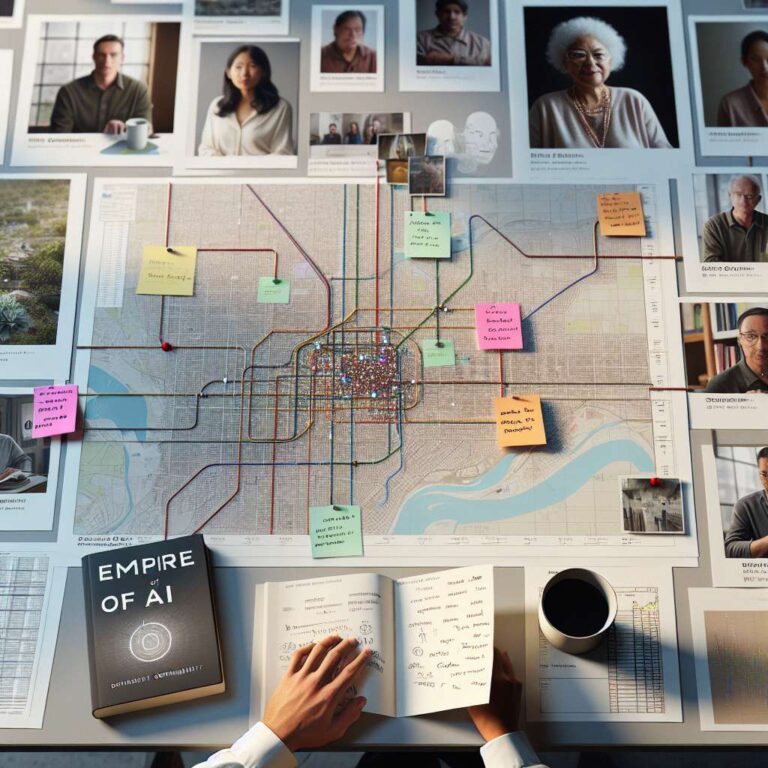Cities are increasingly collecting vast amounts of data through digital infrastructure, yet the real challenge lies in making this information actionable for officials. Sarah Williams, an MIT professor specializing in urban planning and technology, recognized the disconnect between data accumulation and its effective use by governments. In response, she founded the Civic Data Design Lab at MIT in 2012 to translate raw data into accessible formats, using compelling human stories and illustrations to make urban data meaningful for decision-makers and citizens alike. This approach aims to bridge the gap between technical advancements and practical urban governance, ensuring data is not just stored, but utilized to drive improvements in city life.
The article also spotlights Karen Hao´s newly published book, ´Empire of AI: Dreams and Nightmares in Sam Altman´s OpenAI,´ which provides an insider´s perspective on the meteoric rise of OpenAI. Hao, a seasoned journalist, will discuss developments in the artificial intelligence sector with MIT Technology Review’s executive editor Niall Firth, delving into the ongoing technological arms race and what it portends for society. Her work sheds light on the intricate dynamics and ethical questions surrounding OpenAI’s influence, revealing how its ambitions are reshaping global perceptions and policies around artificial intelligence.
Additionally, the newsletter surveys recent technology headlines, including New York´s push for companies to reveal when artificial intelligence technology plays a role in workforce reductions, a sign of growing public scrutiny. Other updates range from advances in medical research like chemotherapy-free leukemia treatments, to ethical concerns such as animal abuse promoted online and light pollution´s mounting risk due to widespread LED usage in cities. Overall, the discourse underscores the tension between technological progress and its social consequences, highlighting the necessity for thoughtful, ethically guided implementation as artificial intelligence increasingly weaves through urban life and beyond.

